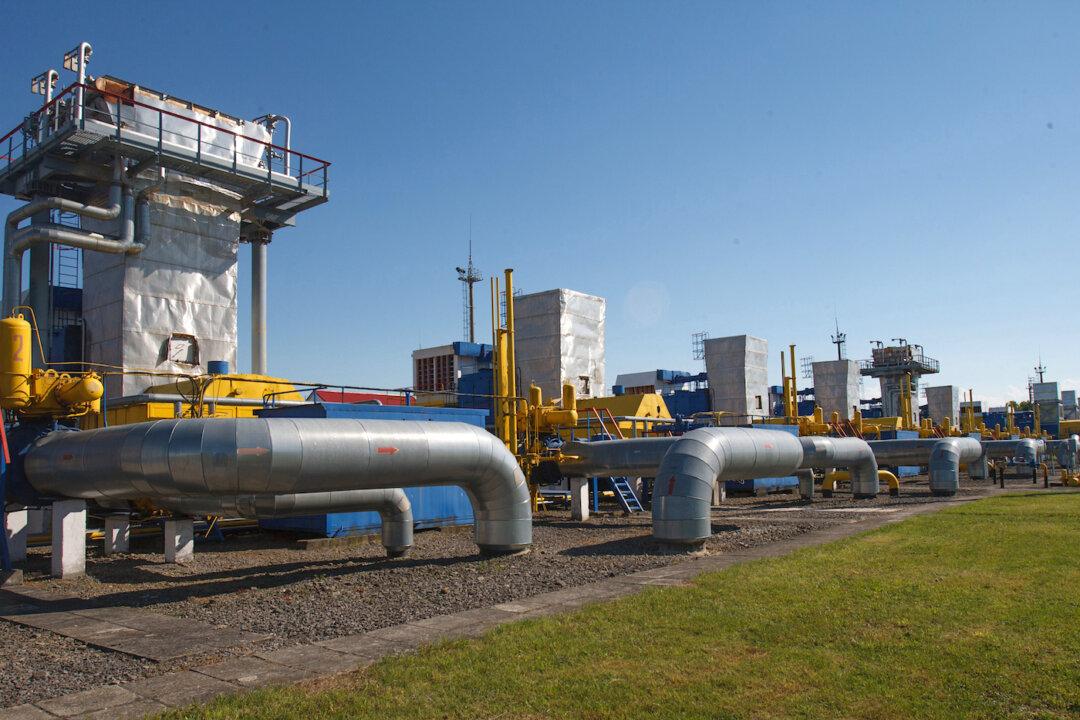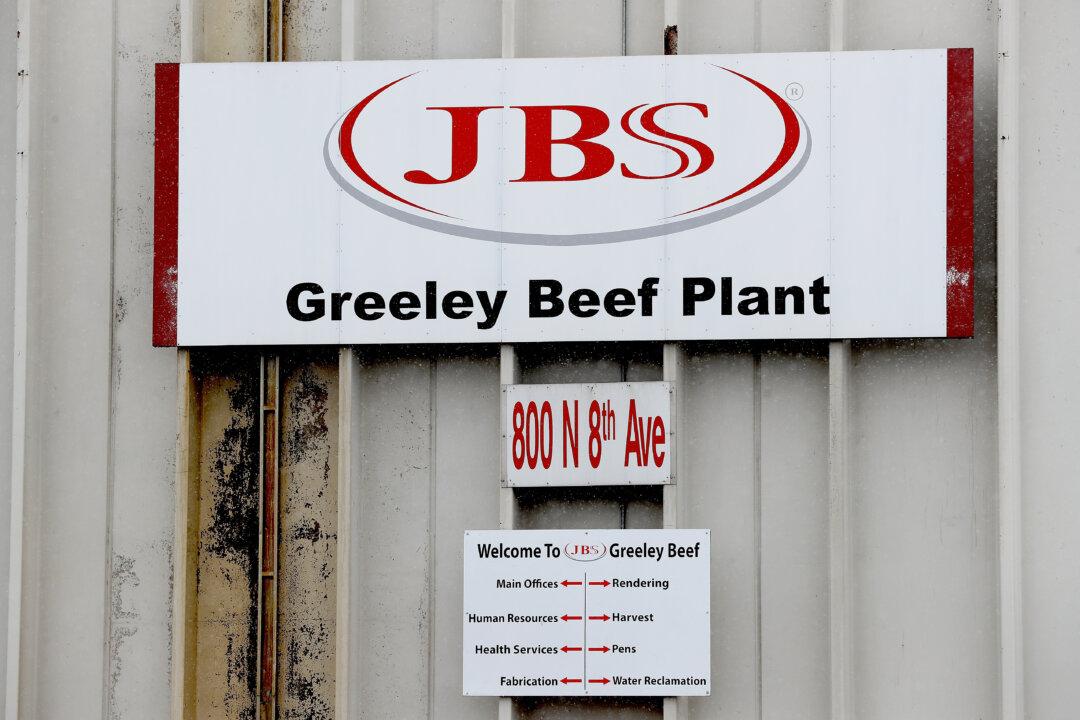Ukrainian and Russian gas companies have hammered out a complex series of agreements that will see Russian natural gas supplies continue to be delivered to Europe via Ukrainian pipelines. The eleventh-hour deals mean that the Ukraine will receive around $7 billion in transit payments over the next 5 years.
According to the agreement, 65 billion cubic meters (bcm) of Russian gas will transit through Ukraine in 2020, while some 40 bcm is guaranteed each year from 2021 to 2025. The agreement also foresees the possibility of a 10-year contract extension. Furthermore, Ukraine’s Naftogaz received $2.918 billion in payments and late payment fees from Russia’s Gazprom, which was awarded by a court in Stockholm in 2018. According to Naftogaz CEO Andriy Kobolyev, total transfers to Naftogaz including all settlements will amount to some $5 billion.





